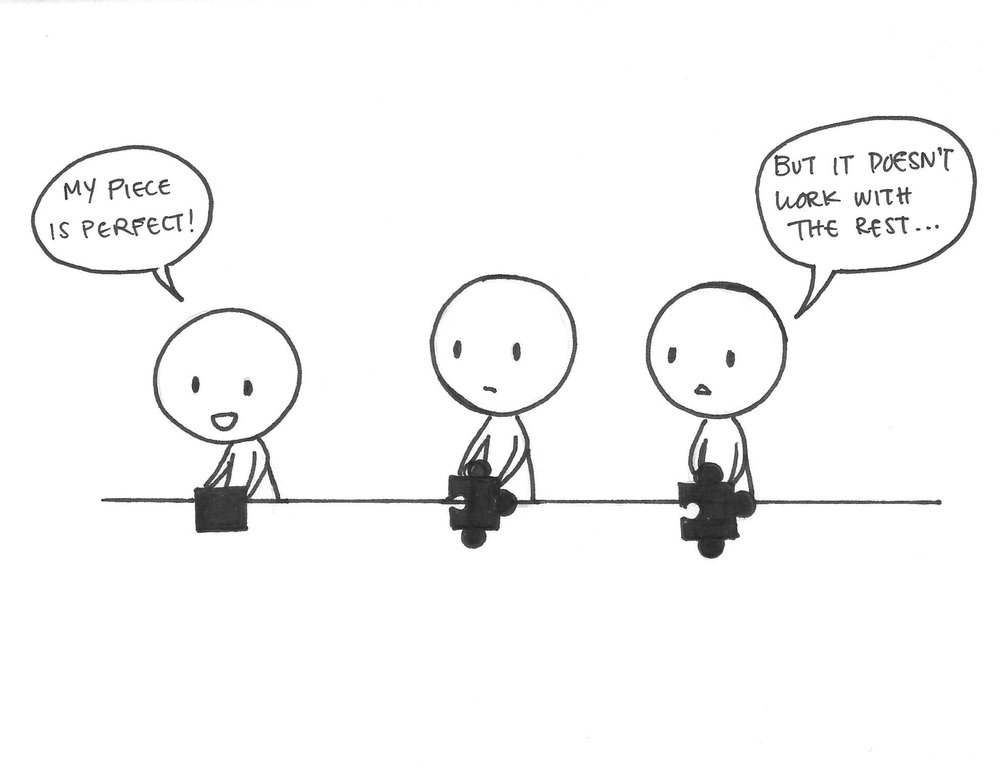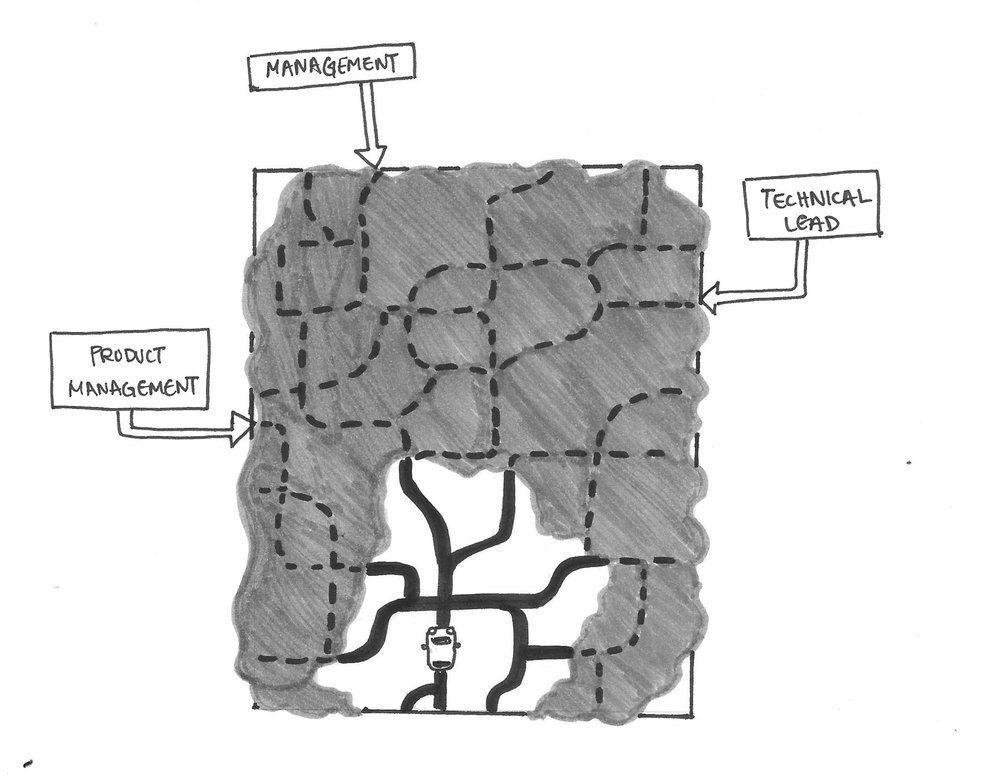First jobs are killer, good and bad.
When I got my first job four years ago, I did what I’d long done as a student: my homework. I interviewed everyone I respected about how to be a good worker, how to fit in, add value, etc. I got very good advice. “Work hard.” “Develop a good relationship with your boss.”
But, having never held a job, I didn’t know how to apply that advice. Plus, much of it seemed too subjective, too hard to pin down. Does work hard just mean put in long hours? Produce stellar results? Or both?
I started my job with all of my ambition and best intentions, and almost immediately, I started making mistakes, mistakes that then turned into lessons learned, which I’ve since shared with coworkers and friends as they dive into their first jobs.
In these four fast and furious years, I’ve experienced highs and lows, happy bosses and unhappy ones, and I’m here to tell you: first jobs are killer, good and bad. So, if you’re in your first job, or about to begin your first job, my experience may benefit you. Here’s three things I learned that might help to make your first work experience a success, not only for you, but for your company.
1. Uncover Your Network of Mentors
When you’re new at a job, become a human sponge. Learn everything you can, and learn from everyone you can. At Workday, I was one of the youngest people on my team and part of Generation Workday, a program that’s uniquely designed to nurture, develop, and challenge future leaders, straight out of college.

I found that everyone on my team wanted to help me and they were expected to do that because I was brand new. I even got a formal mentor, which is a best practice at Workday. At first, I met with my mentor daily, then weekly, and I peppered that mentor with questions about my job, my role, expectations, etc. But then I ran out of things to ask him because I didn’t know what kinds of help I needed. He’d ask me about what I needed, but because I hadn’t thought about it, I couldn’t tell him. Soon, he started canceling our meetings. I realized that I wasn’t taking advantage of a valuable resource because I didn’t know how to. So I asked around, and realized I needed to form goals and discuss these with my mentor to make use of his time and this opportunity for me. Not everyone has the opportunity to learn from a formal mentor. At first, I didn’t even think I needed one but he turned out to the best resource possible.
Even if you don’t have a formal mentor, there are probably all kinds of them sitting right next to you.
I learned to watch everyone at work, managers and coworkers alike, and identify those that have what you want, whether it is an actual title or career path or simply a way of being in the workplace. Look for the value that each person offers, and what you can learn from them. There is only so much you can do by yourself, and so much more you can do by leveraging the knowledge and skills of others. The more you put into your relationships, the more you can get out of them.
2. Communicate Early and Often
As a young, inexperienced worker, there might be a tendency to stick your head down, work super hard, and try to take up as little of your manager’s time as possible. This might work in some situations and with some managers. But no matter your manager’s sensibilities, I’ve found that more communication is almost always better, whether face-to-face or via quick messages, and it’s critical to building trust and relationships.

Within my role, as a software development engineer at Workday, there’s one instance that stands out to me where I didn’t communicate fully enough with my boss while working on a bug fix.
I was working on the fix, and then found other problems that slowed me down. I didn’t tell my boss about the other problems, so he thought I was taking too long on the original fix. I was stuck in a working harder, not smarter, mode.
Afterward, I assessed where I’d gone wrong. I looked at the data, the situation, and then I shared that with my manager, too. Since I’d broken the situation down, we were able to have an objective conversation instead of a subjective one. He then understood that I wasn’t dragging my feet, but rather I was someone who was willing and wanting to learn. Going into that last meeting with my boss wasn’t easy, but it was important for me to communicate the entire story of what happened, and by doing so, our relationship deepened. Effective communication is key.
As a first-time employee, I’m convinced that 50 percent of success is about the work you accomplish and the other 50 percent is about how you present yourself.
3. Map Projects to Your Company’s Purpose
Of course, the weeds are where the work gets done. You’ve got to nail your responsibilities, know your stuff, and always look for facts to back up your work and decisions. But every employee, even a new one, is part of a bigger picture.
To help me see the big picture as a software development engineer, I’d write up a simple explanation for myself regarding why any code fix or enhancement was important, what value it added for the customer, and where it was in the code.
That helped me to understand that my work is part of an ecosystem, and my responsibilities contribute to the entire company.

Once, I failed to properly test my code, which then resulted in code delays for other departments across the organization. I was able to get the problem fixed, but I learned how important process was to my company and that the actions of any employee will have ripple effects.

The big picture also applies to what you want from your career. A year ago, I was headed toward what I thought I wanted: a leadership role. But then an exciting, but more horizontal, opportunity arose that I chose. Luckily for me, Workday encourages employees to gain all kinds of workplace experiences and skills. Hopefully, your company does, too. Be willing to consider opportunities and don’t shy away from things that scare you. They might just be what you do next.
About the Author (and doodle artist)
Rucha Mukundan is a software development engineer at Workday. Within this role, she supports the company’s analytics technology. Previously, she was a key contributor to the development of Workday’s financial management products. In addition to her role as a software engineer, Rucha is a dedicated workplace mentor for other engineers and developers at Workday, as well as a growing expert in agile methodologies for software development. She graduated from UC Davis (’13) with a BS in Computer Science and Engineering and a minor in Technology Management.
 Rucha Mukundan
Rucha Mukundan


